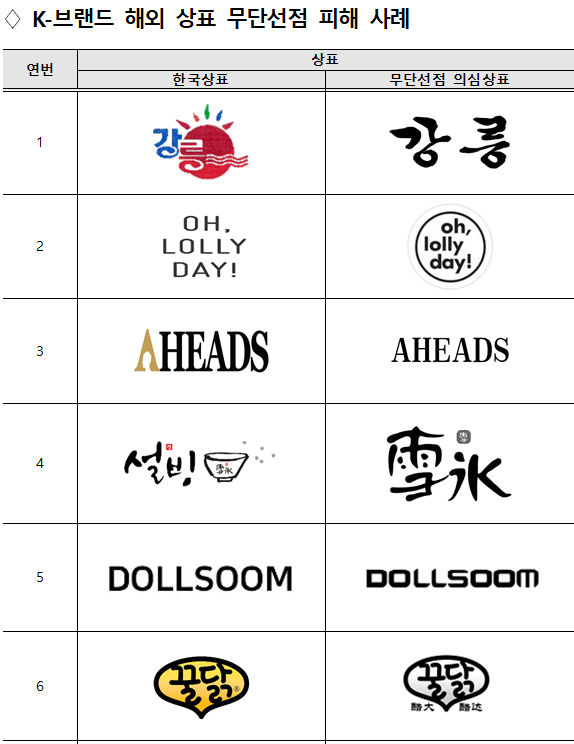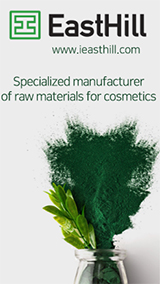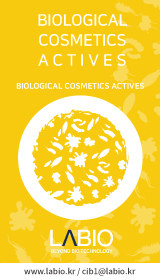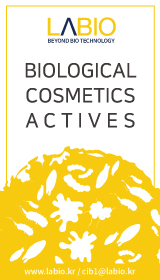
Cases of illegal preoccupation of cosmetics brands abroad have increased rapidly. Small and medium-sized enterprises suffered greatly. Attempts to jump on the bandwagon with the popularity of K-beauty are increasing in China and Southeast Asia. As the number of trademark disputes and counterfeit products increases, the importance of securing trademark rights is growing.
The Korean Intellectual Property Office(Commissioner Lee In-sil) announced the results of the analysis of 'Current Status of K-Brand Trademarks in China and Southeast Asia'. China, Vietnam, Thailand, and Indonesia were examined for four years from 2019 to 2022. All trademarks filed in the country were investigated. This was compared and analyzed with trademarks applied for and registered in Korea.
As a result of this investigation, there were many illegal preoccupation of trademarks in the fields of cosmetics, electronic devices, and clothing. △ Cosmetics (18.7%) △ Electronic devices (15.3%) △ Clothing (15.1%) △ Franchise (13.2%) △ Food (7.6%).
SMEs suffered the most. By company size, damages caused by unauthorized trademark preoccupation were in the order of small and medium-sized enterprises (81.8%) △ medium-sized companies (9.4%) and △ large enterprises (8.2%).
In particular, in the cosmetics industry, small and medium-sized businesses and medium-sized businesses suffered the most damage at 18.2% and 27.3%, respectively.
As for the type of K-brand unauthorized preoccupation, 69.5% (56.3% in China and over 80% in Southeast Asia) of the same trademark in the same industry were the most common. In China, the case of using the same or similar trademark in other industries was also high at 27.4%.
Among the trademarks damaged by unauthorized preoccupation, English trademarks accounted for more than 70%. Mixed English/Korean trademarks or Korean trademarks were found to be about 25%. As Hangeul was recognized as a figure in China and Southeast Asian countries, it was interpreted as an intention to avoid suspicion of trademark unauthorized preoccupation.
The Korean Intellectual Property Office monitors the unauthorized occupation of Korean trademarks. Starting with China in 2017, it has expanded to Vietnam, Thailand, Indonesia and Singapore. Inform the affected companies of the inspection results and provide response strategies and consulting for each risk level.
Han Deok-won, head of the Industrial Property Dispute Response Division at the Korean Intellectual Property Office, said, “In China and Southeast Asia, where the Korean Wave is strong, cases of unauthorized preoccupation of Korean trademarks have increased. It is important to secure trademark rights in advance. We will intensively provide information to industries where unauthorized preemption is frequent to prevent damage.”







